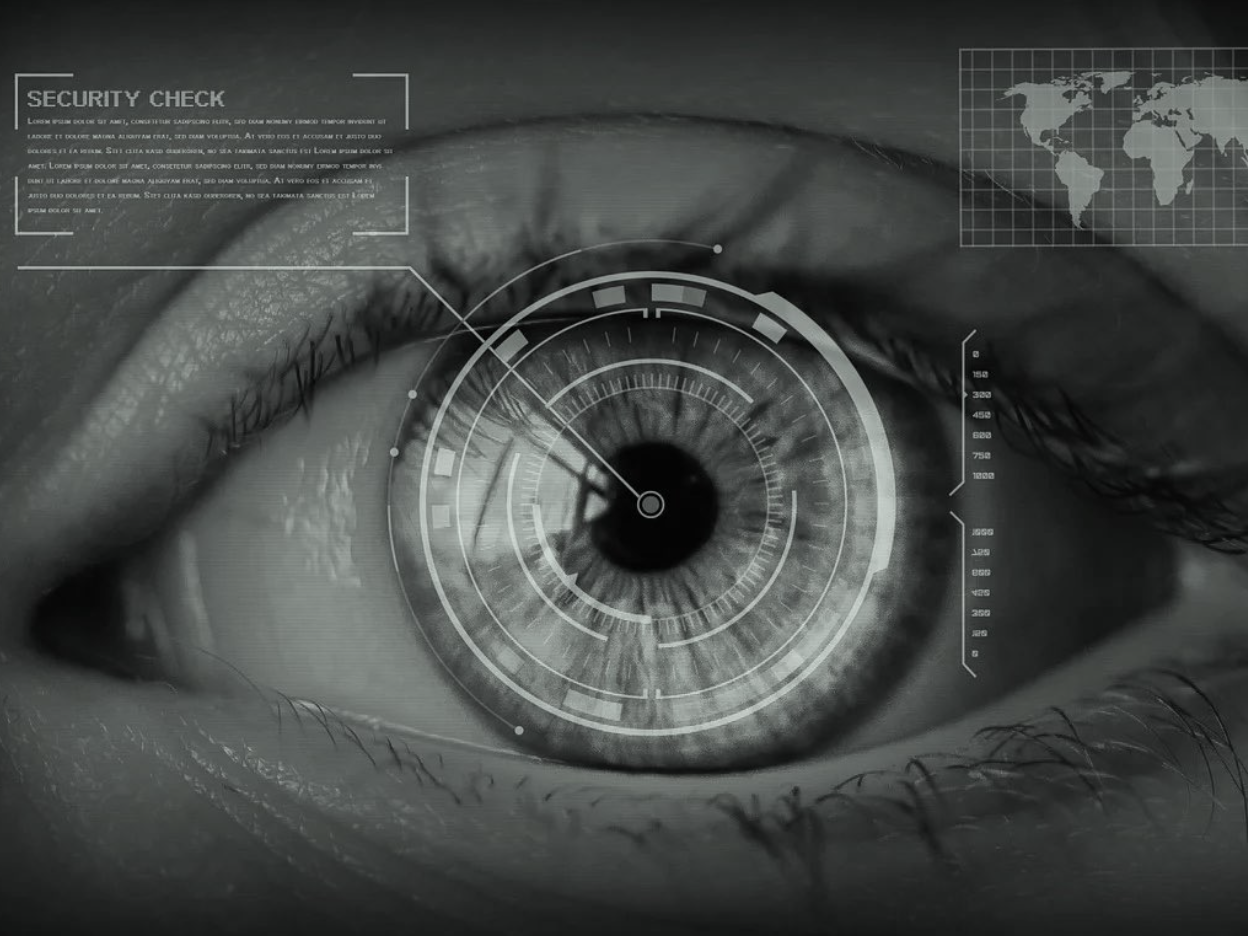Law in Singapore: Identification only by iris scan and facial recognition at entry
In Singapore, the identity of arriving and ex-eyes will be determined on a large scale using biometric data from 2024. While the communications minister praises the new law in the highest voice, parliamentarians fear cyber and security risks.

“Singapore will be one of the first countries in the world to introduce automated, pass-free immigration clearance.” Singapore's Communications Minister Josephine Teo recently declared this. What sounds progressive, however, has a catch. Instead of passport controls, the identity of arriving and departure is to be determined on a large scale by biometric data. From the first half of 2024, the identity will be determined by automatic face recognition, iris scans and, if necessary, fingerprints. A procedure that poses major security risks.
Whether the identity finding by passing in Singapore is still possible in the future, it is unclear and does not clearly show the international reporting. For this purpose, it is enshrined in the law that the immigration authority creates a directory of unwanted persons. All transport companies are obliged to compare their passenger data with this list. Anyone who ends up on the list of the immigration authority must not fly. In particular, small and medium-sized bus companies – for which this regulation also applies – do not see themselves in a position to implement these requirements and transmit the passenger information to the authorities in advance.
Data flood and security risks
“Our immigration systems must be able to handle this high and growing volume of travel effectively and provide a positive handling experience, while ensuring our security,” says Communications Minister Teo. However, several parliamentarians are expressing concerns about cyber and security risks. Due to the numerous passengers (over 60 million per year), a lot of data would have to be processed and secured.
Critics of the law not only fear risks of data theft and abuse, but also an expansion of state control. Social media also fears that the new law against opposition members and politically unwelcome people could be used to exclude them from leaving the way.
Dubai International Airport introduced the so-called “Smart Gate Tunnel” in 2018, which identifies registered passengers using facial recognition technology. In addition, face recognition software is already being used to a limited extent at Hong Kong International Airport, Tokyo Narita, Tokyo Haneda, Indira Gandhi International in Delhi, London Heathrow and Paris Charles de Gaulle. In 2021, similar facial recognition tunnels were set up in London for the use of high-speed trains under the English Channel.
The American Sam Altman, founder of OpenAI and ChatGPT, is also currently developing the so-called “World-Coin”. According to Altman, the rapid development of artificial intelligence could be used to pay money worth 13,500 dollars a year in just 10 years, every US citizen without any consideration. This money is to be obtained in the new cryptocurrency “World-Coin”. However, only those who can identify themselves digitally by means of an iris scan can access this money.

And people grin stupidly and let all this fall into disrement...
Against fraudulent asylum tourism (in the outset, pick up money, home, return, pick up money...) the iris identification will have a very effect. Traveling in twice or cashing it off at several different social offices becomes impossible for parasites. Depending on the technology, it is quick to determine whether and where someone has already been, e.g. at another social office. Rapists are also quickly identified; arrest or continue will remain difficult in red-green cities.
Of course, that will come everywhere. It is like so many monitoring measures and techniques: The little bit more security is purchased by less freedom and privacy. The age-old dilemma. Freedom AND security is a rather rare combination.
The current generation is already growing up with ubiquitous monitoring technology and certainly finds nothing to be monitored by iris scan. The boys voluntarily reveal everything voluntarily. Many other surveillance techniques will of course follow. In the future, one will not be able to stay unobserved and unsupervised in any corner of the world. And maybe the future people will even enjoy this? (see see Dave Eggers: The Circle, novel about the end of privacy)
As an old person, I can hardly get used to the permanent watching (also from private mobile phone cameras). Freedom is different for me. The Times they are changing.
Freedom is certainly dying.
Only a tradition-grown communication community, which has grown in tradition, enables freedom and security at the same time. Economic and cultural exchange with other national communities must be prevailing and measured. Then good, peaceful nationalism succeeds as a global structure, as corresponds to concepts of Immanuel Kant or the founding ideals of the League of Nations and the UN.